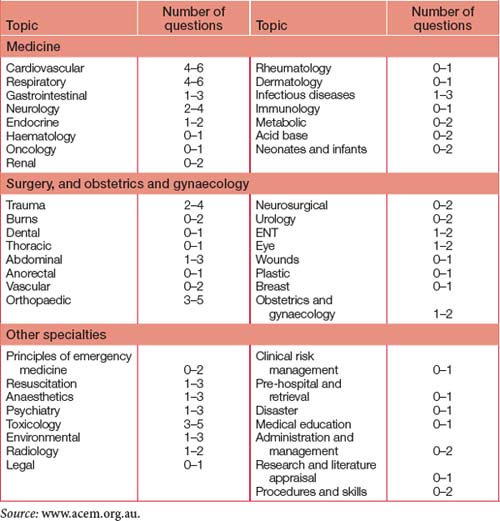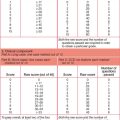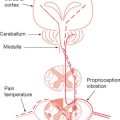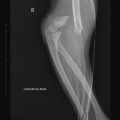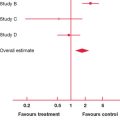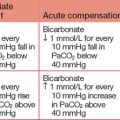Chapter 2 Multiple-choice questions
Purpose
The MCQ section aims to test a broad range of factual knowledge in the fellowship curriculum. Paradoxically, each question generally targets a narrow area of the syllabus (see Table 2.1). Topics that are difficult to cover in other sections of the exam are often included here.
Format
According to the ACEM Training and Examination Handbook (2008), one-third of the section will cover medicine, one-third will cover surgery/obstetrics and gynaecology, and the final third will cover the remainder of the curriculum, as outlined in Table 2.1 (this matrix is in the latest edition of the ACEM Training and Examination Handbook).
Preparation
You can find practice MCQs in a number of places, including the College website and a number of other websites (see Table 2.2). Alternatively, you can purchase MCQ books that cover specific areas of the curriculum (see Table 2.2), or your DEMT and colleagues should have some ‘old’ questions (either ones that have been written by previous candidates or ones that have been ‘passed down’). However, don’t rely on the exact wording of what people have recalled from past examinations. Very few candidates score 100% and memory is notoriously unreliable for the sort of detail that makes the diff erence between a correct answer and an incorrect answer. Use these questions simply as guides to topics.
| Websites | Books |
|
• Herlihy A. Get Through Accident and Emergency Medicine: MCQs. Royal Society of Medicine Press Ltd, London, 2006.
|
Finally, writing your own MCQs to quiz your colleagues and having them do the same for you is one of the best ways of preparing yourself for this type of question. Th e FACEMs setting the exam do this. If you do it as well, you are likely to come up with similar questions, but they have to be based on the best or latest evidence from the College’s recommended text or high-impact journals list.
Sample MCQs
MCQ 1
In the management of croup in children, which one of the following is TRUE?
Source material
MCQ 2
Source material
On the day
Answering the questions
Remember these important points:
Th is section is marked by a computer and candidates input their answers onto a paper answer sheet. For the computer to be able to mark accurately, for each question only one answer circle can contain a mark. For this reason, the answer sheet needs to be filled in using ‘lead’ pencil. Note the instructions on completely filling the circles. Do not use ticks, crosses or other marks. If you make a mistake, ensure that you completely erase any extra marks. Sample answer sheets can be found on the College website (www.acem.org.au).
Th ere are two approaches to completing the answer sheet:

